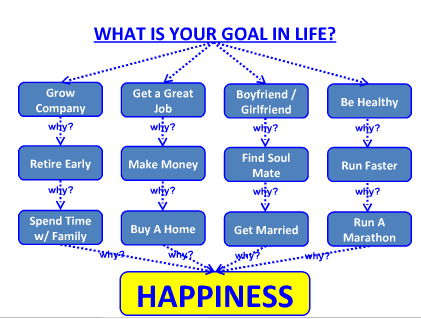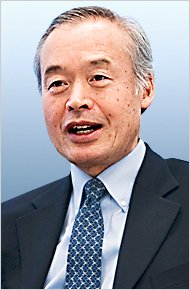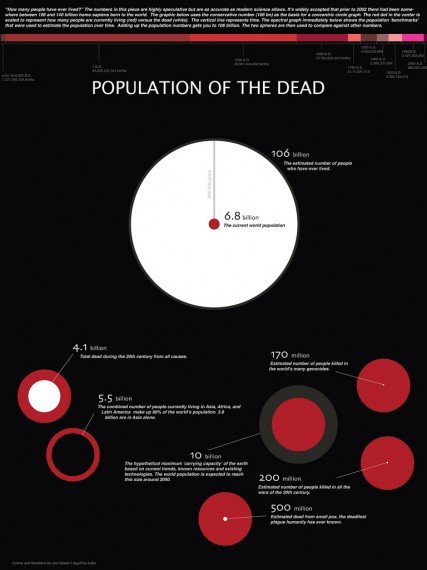en•tre•pre•neur -noun Entrepreneur, translated from its French roots, means “one who undertakes.” The term Entrepreneur is used to refer to anyone who undertakes the organization and management of an enterprise involving independence and risk as well as the opportunity for profit.
Some of my favorites:
- Abraham Lincoln, lawyer, U.S. president. Finished one year of formal schooling, self-taught himself trigonometry, and read Blackstone on his own to become a lawyer.
- Amadeo Peter Giannini, multimillionaire founder of Bank of America. Dropped out of high school.
- Andrew Carnegie, industrialist and philanthropist, and one of the first mega-billionaires in the US. Elementary school dropout.
- Andrew Jackson, U.S. president, general, attorney, judge, congressman. Home-schooled. Became a practicing attorney by the age of 35 – without a formal education.
- Ansel Adams, world-famous photographer. Dropped out of high school.
- Benjamin Franklin, inventor, scientist, author, entrepreneur. Primarily home-schooled.
- Christopher Columbus, explorer, discoverer of new lands. Primarily home-schooled.
- Dave Thomas, billionaire founder of Wendy’s. Dropped out of high school at 15.
- Frank Lloyd Wright, the most influential architect of the twentieth century. Never attended high school.
- Henry Ford, billionaire founder of Ford Motor Company. Did not attend college.
- James Cameron, Oscar-winning director, screenwriter, and producer. Dropped out of college.
- Jimmy Dean, multimillionaire founder of Jimmy Dean Foods. Dropped out of high school at 16.
- John D. Rockefeller Sr., billionaire founder of Standard Oil. Dropped out of high school just two months before graduating, though later took some courses at a local business school.
- John Mackey, founder of Whole Foods. Enrolled and dropped out college six times.
- Kevin Rose, founder of Digg.com. Dropped out of college during his second year.
- Larry Ellison, billionaire co-founder of Oracle software company. Dropped out of two different colleges.
- Mary Kay Ash, founder of Mary Kay Inc. Did not attend college.
- Michael Dell, billionaire founder of Dell Computers, which started out of his college dorm room. Dropped out of college.
- Pete Cashmore, founder of Mashable.com at the age of 19.
- Rachael Ray, Food Network cooking show star, food industry entrepreneur, with no formal culinary arts training. Never attended college.
- Ray Kroc, founder of McDonald’s. Dropped out of high school.
- Richard Branson, billionaire founder of Virgin Records, Virgin Atlantic Airways, Virgin Mobile, and more. Dropped out of high school at 16.
- Richard Schulze, Best Buy founder. Did not attend college.
- Russell Simmons, co-founder of Def Jam records, founder of Russell Simmons Music Group, Phat Farm fashions, bestselling author. Did not finish college.
- Sean John Combs, entertainer, producer, fashion designer, and entrepreneur. Never finished college.
- Shawn Fanning, developer of Napster. Dropped out of college at the age of 19.
- Simon Cowell, TV producer, music judge, American Idol, The X Factor, and Britain’s Got Talent. High school dropout.
- Steve Wozniak, co-founder of Apple, billionaire. Did not complete college.
- Thomas Edison, inventor of the lightbulb, phonograph, and more. Primarily home-schooled, then joined the railroad when he was only 12.
- Wally “Famous” Amos, multimillionaire entrepreneur, author, talent agent, founder of Famous Amos cookies. Left high school at 17 to join the Air Force.
- Walt Disney, founder of the Walt Disney Company. Dropped out of high school at 16.
- Wolfgang Puck, chef, owner of 16 restaurants and 80 bistros. Quit school at the age of 14.

































